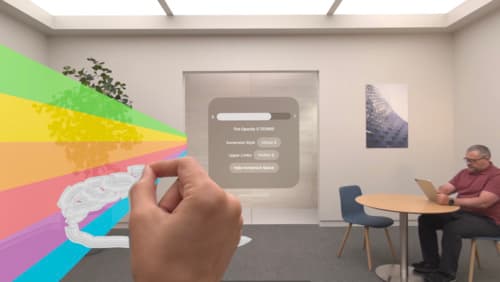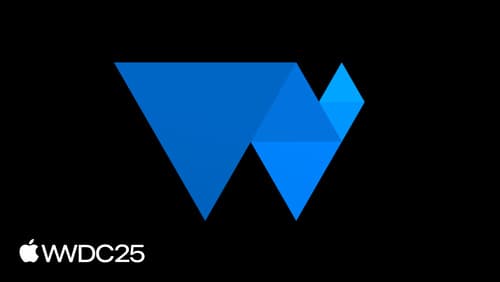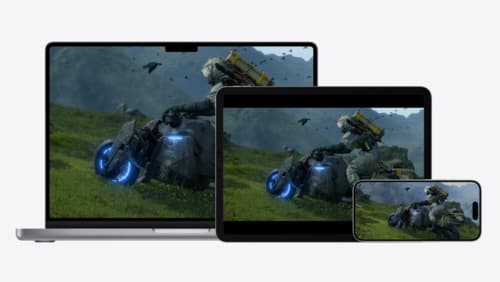opengl
Asked on 2025-06-12
1 search
It seems like you're interested in OpenGL, but the context provided from the WWDC sessions doesn't specifically mention OpenGL. However, there are several sessions that discuss related graphics technologies and APIs that Apple is focusing on, such as Metal and WebGPU.
For instance, the session titled "Unlock GPU computing with WebGPU" discusses how WebGPU can be used for 3D graphics and general-purpose computations on the GPU, offering greater performance and flexibility compared to WebGL, which is more closely related to OpenGL. You can explore more about WebGPU in the session Unlock GPU computing with WebGPU.
If you're interested in learning about Apple's current graphics technologies, you might want to look into Metal, which is Apple's preferred graphics API for high-performance graphics and compute tasks on their platforms. The session "What’s new in Metal rendering for immersive apps" could provide insights into the latest updates in Metal rendering. You can check it out at What’s new in Metal rendering for immersive apps.
If you have any specific questions about these technologies or need more information on a particular session, feel free to ask!

Render Metal with passthrough in visionOS
Get ready to extend your Metal experiences for visionOS. Learn best practices for integrating your rendered content with people’s physical environments with passthrough. Find out how to position rendered content to match the physical world, reduce latency with trackable anchor prediction, and more.

Unlock GPU computing with WebGPU
Learn how the WebGPU API provides safe access to GPU devices for graphics and general-purpose computation. We’ll also explore the WGSL shading language to write GPU programs. And we’ll dive into best practices to achieve optimal performance while using minimal power across desktop and mobile devices.

Port advanced games to Apple platforms
Discover how simple it can be to reach players on Apple platforms worldwide. We’ll show you how to evaluate your Windows executable on Apple silicon, start your game port with code samples, convert your shader code to Metal, and bring your game to Mac, iPhone, and iPad. Explore enhanced Metal tools that understand HLSL shaders to validate, debug, and profile your ported shaders on Metal.
